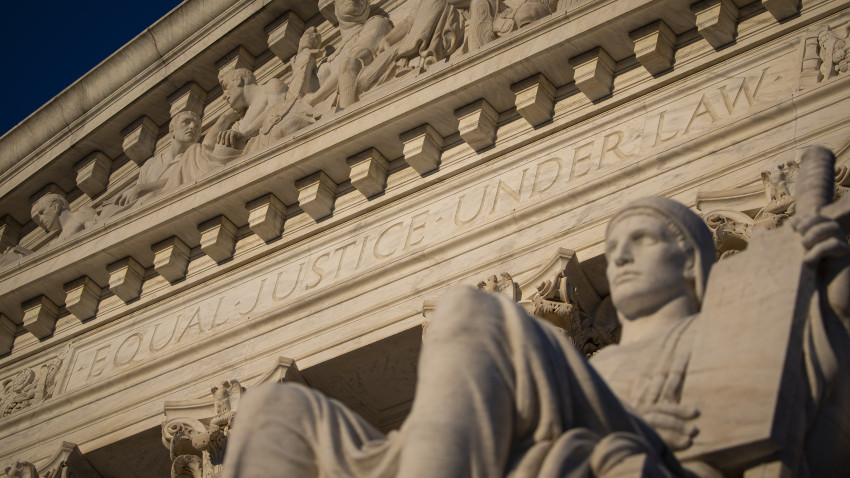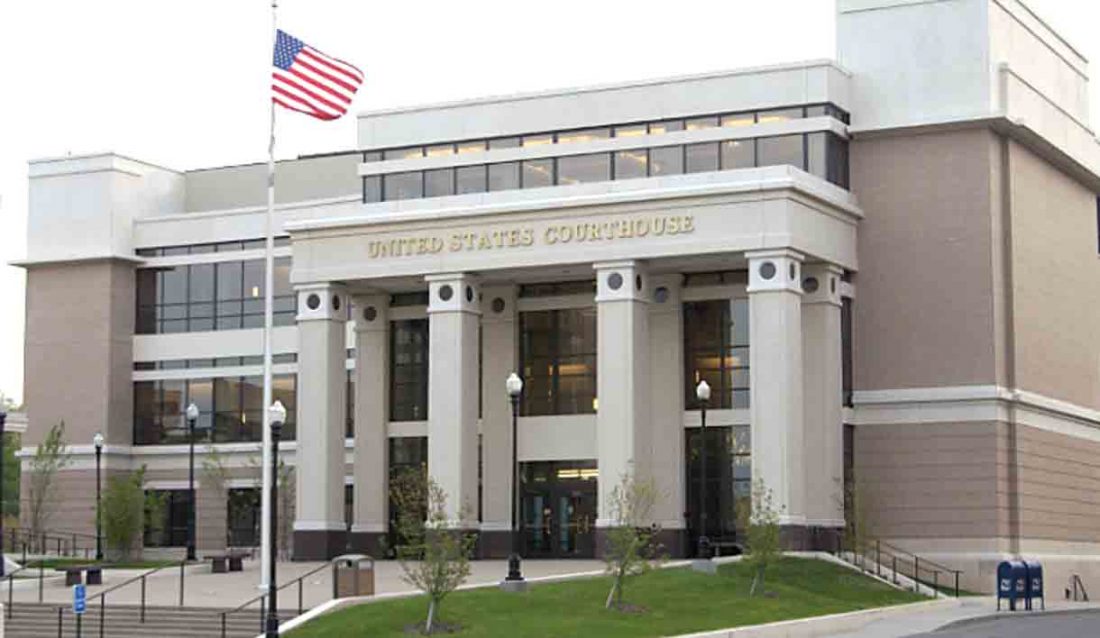Court finds fed law supersedes Arizona ‘balance billing’ law
Hospitals that accept payment from the state’s Medicaid program can’t then try to collect more by going after money owed to the patient, the Arizona Supreme Court ruled Monday.
In a unanimous ruling, the justices voided sections of state law that have, until now, allowed hospitals to impose financial liens on others when the amount paid by the Arizona Health Care Cost Containment System, AHCCCS, doesn’t cover what they say are the full bill charges. Justice Clint Bolick, who wrote the opinion, said the practice – and the Arizona laws that have allowed it – violate federal law.
The ruling is most immediately a victory for about 50 patients who found that hospitals that provided their care were not trying to seize money due to the patients.
Attorney Lance Entrekin said that can include a situation where the patient was in an automobile accident and was trying to collect money from the driver of the other vehicle.
In some cases the patients agreed to pay a negotiated amount in exchange for the hospital releasing the lien. Other cases involved those who simply challenged the liens.
But Monday’s decision now sets a binding precedent, forever precluding the practice.
Central to the case is AHCCCS, which provides free or low-cost medical coverage for those of limited income. The medical providers that have contracts with AHCCCS agreed to accept what it offers in payments.
There is no question but that hospitals cannot engage in “balance billing,” going after the patient directly for what AHCCCS does not pay.
But the hospitals argued that state law has specifically allowed to place a lien – essentially a claim – on any funds that may be due the patient from someone who was responsible for causing that person’s injury.
Bolick acknowledged the Arizona law. But he said, in essence, that there was a higher power to consider: federal law.
He said that law expressly provides that state Medicaid programs must limit their participation to provide who accepts the amounts provided by the agency as “payment in full.”
“The hospitals’ liens are designed to secure payment from third parties in excess of the Medicaid reimbursement,” Bolick wrote. “Such use of the lien statutes cannot coexist with the federal prohibition against balance billing, and therefore the statutes so applied are pre-empted.”
Attorney Richard Burnham who represents the nearly three dozen hospitals that had been sued, said his clients have not been pursuing the liens since a trial judge ruled against them several years ago. They had been hoping the Supreme Court would overrule that decision and allow them to reinstate the practice.



